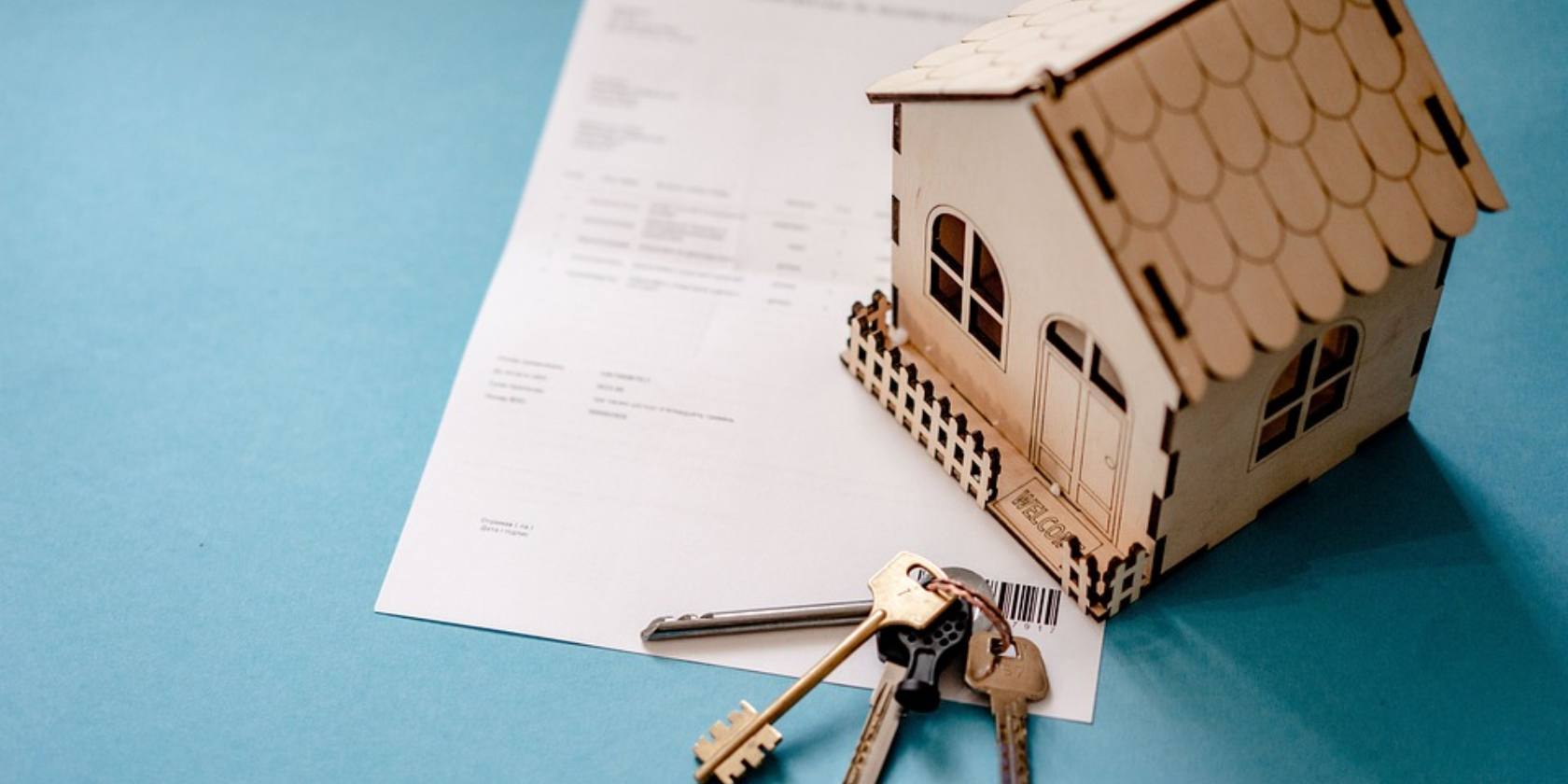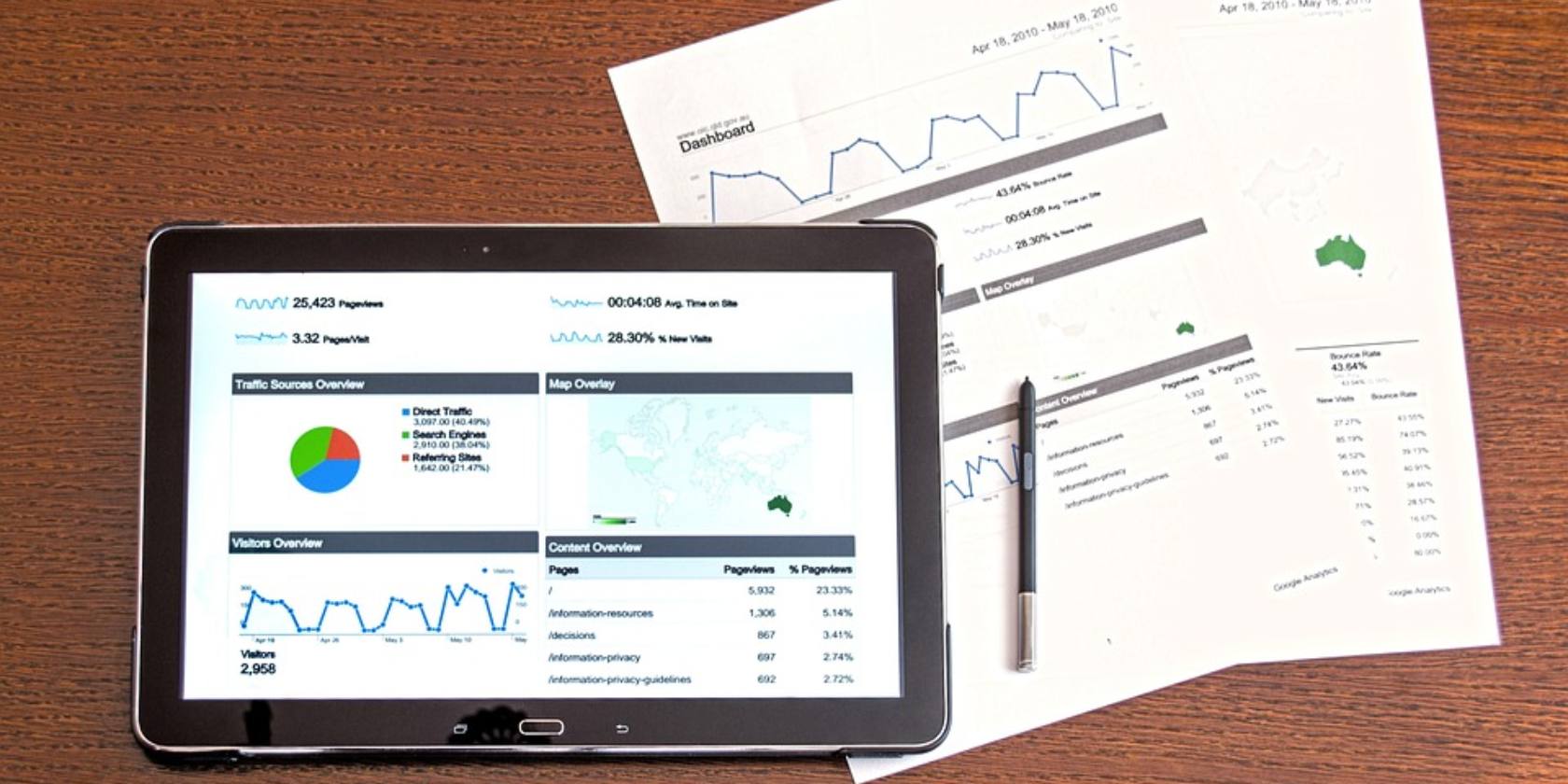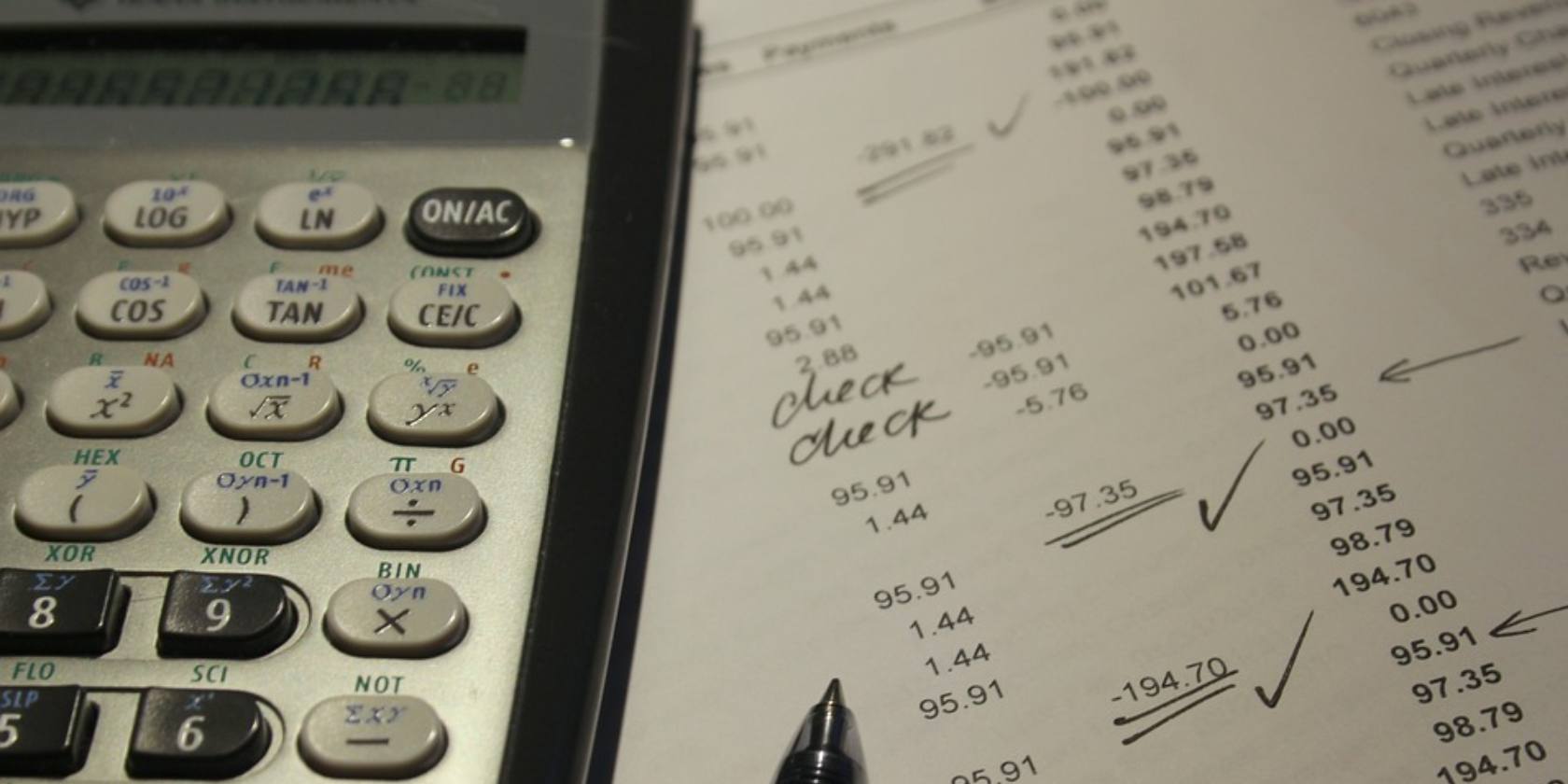We all have been in a situation where we had to provide our bank statements to someone, whether it’s for a loan application, a job application, or simply for verification purposes.
But, is it safe to share your bank statements with others, for verification purposes? This question, along with “Can I share my bank or credit card statements with others” has been asked by many individuals and is worth exploring.
In this article, we’ll discuss situations when you might have to share your bank statements, whether it’s safe to share them, when you shouldn’t share them, and how to protect your sensitive information when sharing your bank statements.
When You Might Have to Share Bank Statements
Sharing bank statements with others is often required for a variety of reasons. In some situations, it’s necessary to provide bank statements to verify your financial status, income, and expenses.
Here are some common situations when you might have to share your bank statements:
1. Applying for a Loan
When applying for a loan, whether it’s a personal loan, a home loan, or a car loan, the lender will typically ask for your bank statements.

The lender needs to verify your income, expenses, and financial history to assess your creditworthiness and determine your eligibility for the loan.
You may be asked to provide bank statements for the past three to six months to demonstrate that you have a stable income and can afford the loan repayments.
2. Applying for a Credit Card
When applying for a credit card, the credit card issuer may ask for your bank statements to verify your income and expenses.
The issuer needs to ensure that you have sufficient income to make timely credit card payments and manage your credit card debt.
You may be asked to provide bank statements for the past three to six months to demonstrate your financial stability.
3. Renting an Apartment
When renting an apartment, the landlord may ask for your bank statements to verify your financial stability and ensure that you can afford the rent.
The landlord needs to ensure that you have a stable income and can pay the rent on time. You may be asked to provide bank statements for the past three to six months to demonstrate your financial stability.
4. Applying for a Job
When applying for a job, especially in the financial industry, the employer may ask for your bank statements to verify your financial background and ensure that you have a good credit history.

The employer needs to ensure that you’re financially responsible and can manage money effectively, especially if the job involves handling finances.
5. Applying for a Visa
When applying for a visa, especially for immigration or study purposes, the immigration authorities may ask for your bank statements to verify your financial status and ensure that you can support yourself during your stay.
The authorities need to ensure that you have sufficient funds to cover your expenses and avoid becoming a burden on the country’s resources.
In these situations, sharing your bank statements is necessary to fulfill the requirements of the application process.
However, it’s essential to take precautions to protect your sensitive information and ensure that you’re sharing your bank statements with a trusted entity.
Is It Safe to Share Your Bank Statements?
Sharing your bank statements with others can be risky, especially if you’re not careful about who you’re sharing them with and how you’re sharing them.
Your bank statements contain sensitive information, such as your account number, balance, transaction history, and personal details, that can be used to commit fraud or identity theft.

Therefore, it’s important to take precautions to protect your information and assess the risks before sharing your bank statements.
To assess the risks, start by considering who you’re sharing your bank statements with. Ensure that the entity requesting your statements is trustworthy and has a legitimate reason to request them.
If you’re unsure about the legitimacy of the request, seek advice from a financial advisor or an attorney.
Next, review your bank statements before sharing them to ensure that there’s no sensitive information that could be used to commit fraud or identity theft.
Black out or redact any personal details, such as your social security number, address, and phone number, as well as any transactions that are not relevant to the request.

Another thing to consider is how your bank statements will be used. Ensure that the entity requesting your statements has a legitimate reason to request them and that they won’t be shared with third parties without your consent.
In addition, consider how your bank statements will be transmitted.
Avoid sending your bank statements via email or fax, as these methods are not secure and can be intercepted by hackers or cybercriminals. Instead, use a secure file-sharing platform or hand-deliver a physical copy.
Finally, consider the consequences of sharing your bank statements. Be aware that once you share your statements, you lose control over how they’re used and who has access to them.
Therefore, it’s important to be cautious and only share your statements when necessary and with trusted entities.
Things to Take Care of While Sharing Bank Statements
If you’re sharing your bank statements, it’s important to take some precautions to protect your sensitive financial information.
Here are some things to take care of:
1. Black out or redact personal details
Before sharing your bank statements, review them carefully and black out or redact any personal details that are not relevant to the request.
This includes your social security number, address, phone number, and any other information that could be used to commit fraud or identity theft.
2. Remove irrelevant transactions
Similarly, remove any transactions that are not relevant to the request. This could include personal transactions, such as payments to friends or family members, that are not related to your financial history.
3. Verify the request
Make sure that the entity requesting your bank statements has a legitimate reason to request them. If you’re unsure about the legitimacy of the request, seek advice from a financial advisor or an attorney.
4. Use secure methods to transmit the statements
When sharing your bank statements, use secure methods to transmit them. Avoid sending them via email or fax, as these methods are not secure and can be intercepted by hackers or cybercriminals.
Instead, use a secure file-sharing platform or hand-deliver a physical copy. If you’ve extra physical copies of your old bank statements, it’s better to know what you can do with those old statements.
5. Keep a record of the request
Keep a record of the request and any correspondence related to it. This will help you track who has access to your bank statements and how they’re being used.
By taking these precautions, you can help protect your sensitive financial information and ensure that your bank statements are only being shared with trusted entities for legitimate reasons.
Sharing Bank Statements With Others, Smartly!
In conclusion, sharing your bank statements with others can be a necessary part of various processes, but it’s important to be cautious when doing so.
Always ensure that you’re sharing your bank statements with a trusted entity and avoid sharing them via unsecured channels.
Remember to redact any sensitive information before sharing your bank statements and use secure methods of transmission.
By taking these precautions, you can protect your personal and financial information and reduce the risk of identity theft or fraud.
